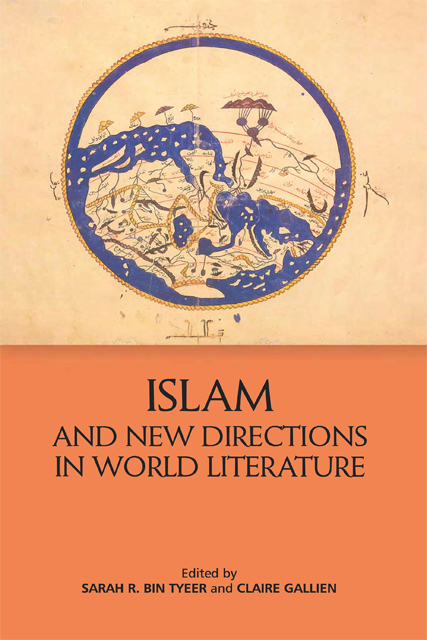2 - Los moros de la hueste: Recovering the Islamicate in the Goths’ Lament
Published online by Cambridge University Press: 14 July 2023
Summary
In or around 711 CE, Arab-Berber forces crossed the Strait of Gibraltar from North Africa into Spain, overcame Visigothic resistance, and brought the great bulk of the Iberian Peninsula – al-Andalus in the Arabic – into the orbit of Dār al-Islam. Under a transplanted Umayyad dynasty, once-Roman Cordoba emerged as al-Andalus’ capital city; by the tenth century, it rivalled Abbasid Baghdad as the cultural and intellectual centre of the Islamic world. New cultural hotspots sprang up in the tenth and eleventh centuries, even as the caliphate of Cordoba fragmented into dozens of petty states allied at times with each other, at times with Christian kingdoms that had begun flexing their muscles in the Iberian north. By the mid-thirteenth century, the Christian kingdom of Castile had established its ascendancy on the peninsula, so much so that when Fernando III died in 1252, he handed to his son Alfonso X the task of governing a massively expanded realm that boasted not only a coastline looking out over North Africa, but also a significant minority Muslim population.
Although vexed time and again in his political ambitions, Alfonso has come down to us with the sobriquet ‘the Wise’ for the massive intellectual project he oversaw throughout the thirty-plus years of his rule. A cornerstone of this project was the production of a comprehensive history of Spain that attempted in no small part to make sense of Islam’s centuries-long hegemony in the Iberian Peninsula. As first conceived by Alfonso’s historiographic workshop in the 1270s, the Estoria de Espanna (History of Spain) draws liberally on previous historical and polemical works as it interpolates into Spanish history the rise of Islam and its expansion westward across North Africa. While Islam’s flashpoints with other regions are described almost dispassionately, the moment of conquest of Spain calls for a more visceral response, and here chroniclers let loose the full power of their rhetorical arsenal:
The Moors of the host [Los moros de la hueste] wore silks and colourful cloths which they had taken as booty, their horses’ reins were like fire, their faces were black as pitch, the handsomest among them black as a cooking-pot, and their eyes blazed like fire; their horses as swift as leopards, their horsemen more cruel and hurtful than the wolf that comes at night to the flock of sheep.
- Type
- Chapter
- Information
- Islam and New Directions in World Literature , pp. 57 - 86Publisher: Edinburgh University PressPrint publication year: 2022



